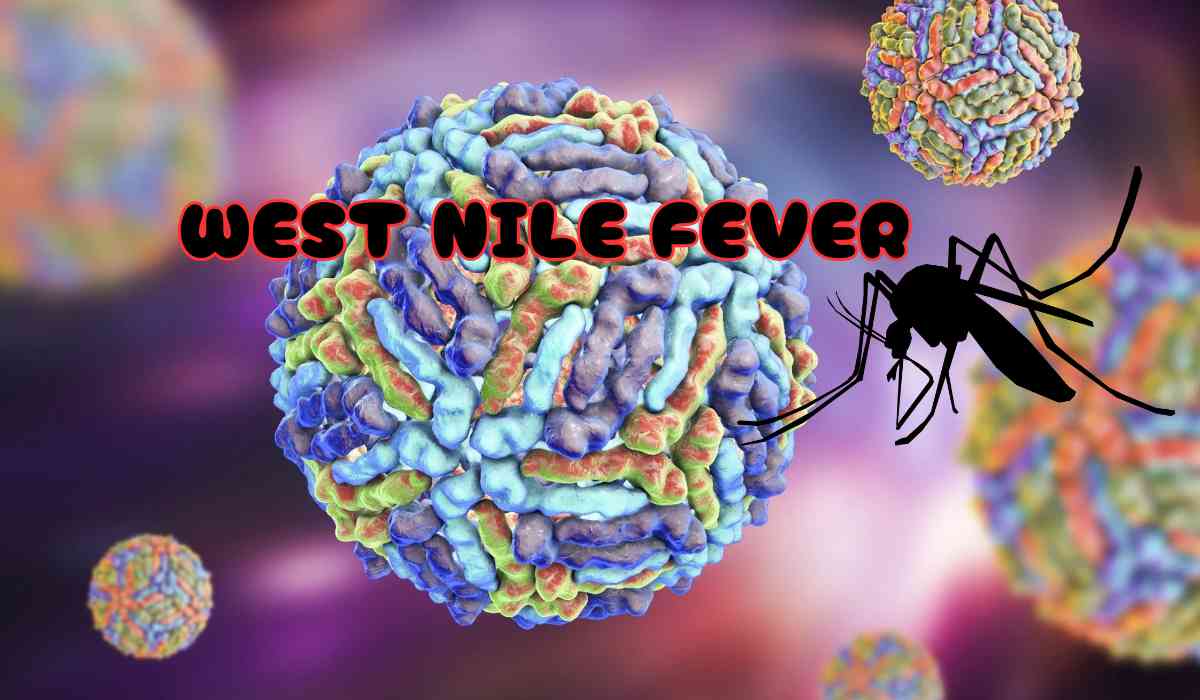Kerala, renowned for its tranquil backwaters and verdant landscapes, has recently made headlines due to the outbreak of West Nile Fever. This mosquito-borne viral illness has raised concerns among residents as the state has recorded several cases.
Reports indicate that at least 6 cases of West Nile fever have surfaced in Kozhikode, Malappuram, and Thrissur districts of Kerala. Tragically, a 79-year-old individual from Thrissur has also passed away due to the infection.
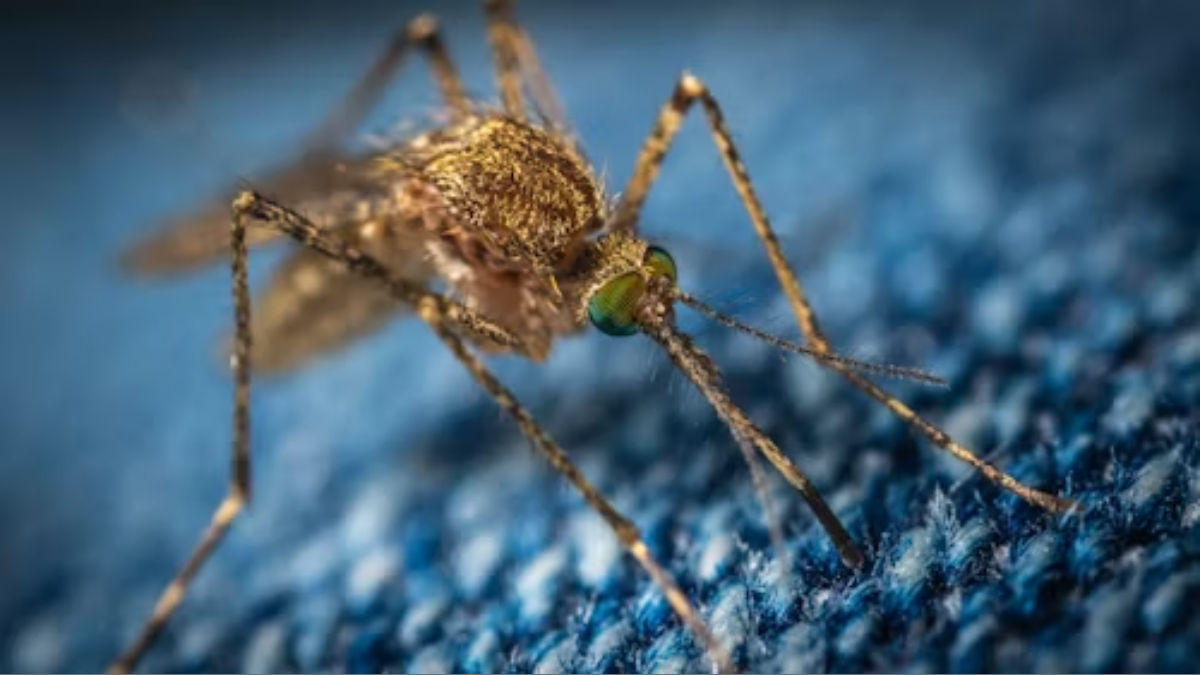
What is West Nile Fever?
West Nile Fever stems from the West Nile virus (WNV), predominantly spread to humans via mosquito bites. The virus typically resides in birds and can be passed to humans when a mosquito feeds on an infected bird before biting a human. This disease is not novel and has been documented across different regions globally, encompassing Africa, Europe, the Middle East, and North America.
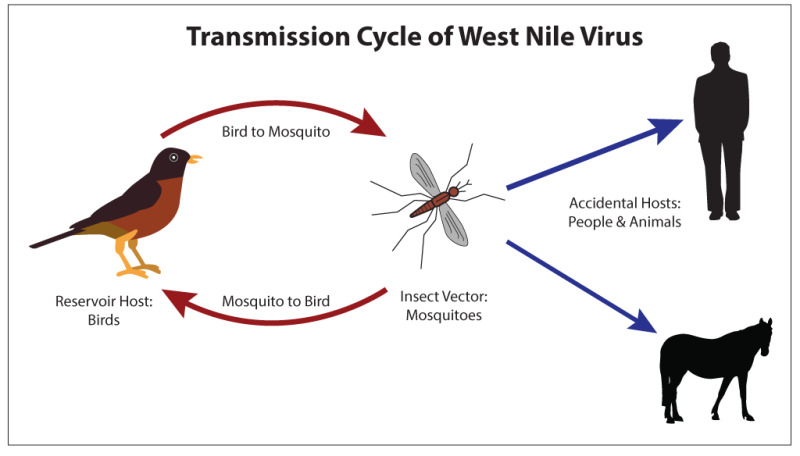
What have Kerala health authorities said?
Responding to the situation, the Kerala health department issued an alert on May 7th, urging district officials to intensify surveillance efforts and prioritize pre-monsoon cleaning initiatives to curb mosquito breeding.
The state health authorities have instructed district officials to undertake the following actions:
- Clear stagnant water bodies.
- Implement measures to prevent mosquito breeding.
Additionally, they have recommended that individuals take precautionary steps, including:
- Wearing clothing that provides full coverage.
- Applying mosquito repellent sprays or using related products.
- Utilizing mosquito nets for protection against bites.
It is advised to ensure that there are no stagnant water sources or potential mosquito breeding grounds in the vicinity.

How does West Nile fever spread?
Culex mosquitoes are carriers of a viral infection that they can transmit to humans. While the infection originally stemmed from birds, it becomes a non-communicable disease once contracted by humans.
Who is at risk of contracting infection?
WNV infection can affect anyone, but individuals aged 50 and above face the highest risk of experiencing severe illness.
What is the mortality rate?
The mortality rate is notably lower in comparison to Japanese encephalitis, a condition with similar symptoms but higher risks. Individuals contracting the virus typically acquire enduring immunity.

How ancient is West Nile fever?
West Nile virus was initially identified in Uganda in 1937.
Kerala recorded its first case of West Nile fever in 2011.
In 2019, a six-year-old from Malappuram succumbed to West Nile viral infection, a vector-borne disease.
Subsequently, in 2022, a 47-year-old from Thrissur district also died from the same infection.
To date, two fatalities have been reported in the state: a six-year-old in 2019 and a 47-year-old in 2022.
While many infected individuals may remain asymptomatic, West Nile virus can lead to severe neurological conditions in humans.
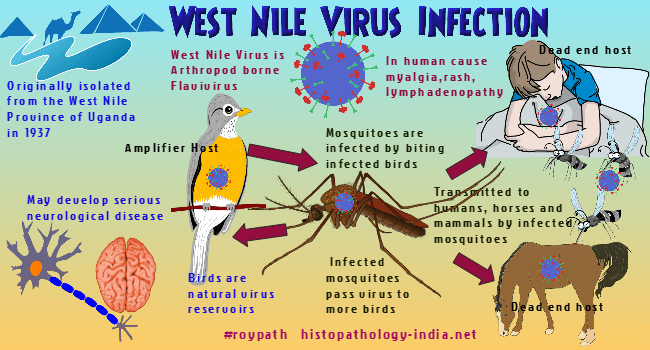
What are the symptoms?
Although many instances of West Nile fever may not show symptoms, individuals could potentially experience:
-
Fever and itching
-
Muscle aches
-
Vomiting or nausea
-
Diarrhoea
-
Headache and sometimes memory loss
-
Dizziness
In severe instances, the viral infection can result in:
-
Encephalitis
-
Meningitis
-
Neurological issues
-
Death
_1715420476.jpg)
Preventive measures
Practical Advice for Ensuring Safety from Mosquitoes:
-
Utilize insect repellent as a highly effective measure against mosquito bites.
-
When heading outdoors, especially during dawn and dusk when mosquitoes are most active, opt for long-sleeved shirts and pants to shield your skin from bites.
-
Prevent mosquito breeding by eliminating stagnant water sources in and around your home.
-
In mosquito-prone regions, safeguard your sleep by using mosquito nets over your bed.
-
Ensure windows and doors are shut or equipped with screens to thwart mosquitoes from entering your living spaces.
-
Before traveling to regions where West Nile Fever is prevalent, consult travel advisories to learn about necessary precautions to minimize infection risks.
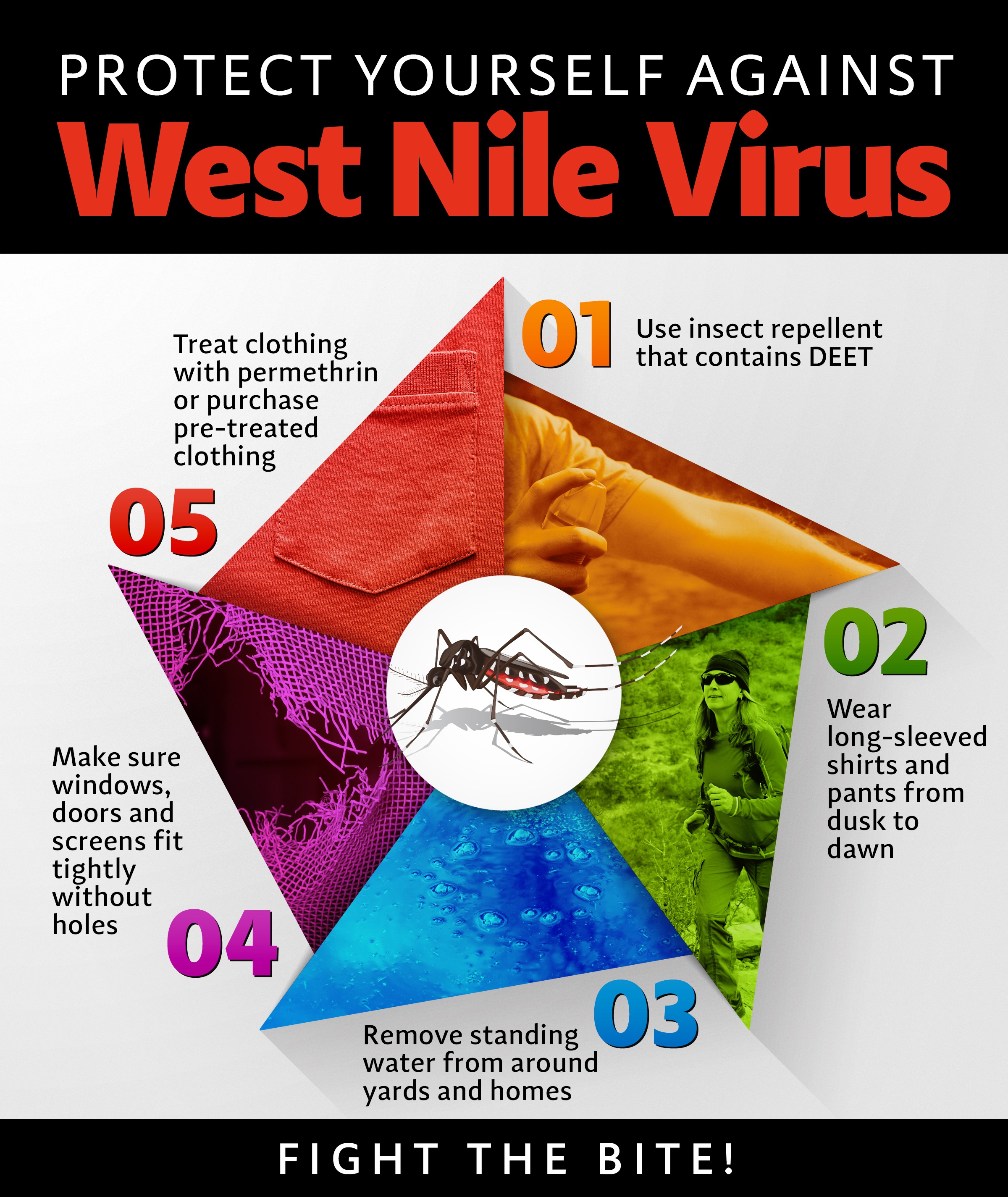
How is West Nile fever treated?
-
Vaccine Unavailability: The current state health minister confirms the absence of a vaccine against the viral infection. Treatment protocols rely on managing patient symptoms.
-
Ineffectiveness of Antibiotics: Antibiotics are ineffective against viruses. Symptomatic relief may be achieved through rest, hydration, and non-prescription pain relievers.
-
Hospitalization Requirements: Severe cases often necessitate hospitalization for comprehensive care, involving pain management, intravenous fluids, and attentive nursing.
-
Importance of Preventive Measures: Beyond treatment, maintaining overall health and bolstering the immune system are crucial. A robust immune system aids in combating the virus if contracted.
-
Immune System Boosting: Prioritize a balanced diet, regular exercise, and sufficient rest to fortify the immune system, enhancing resilience against infections.
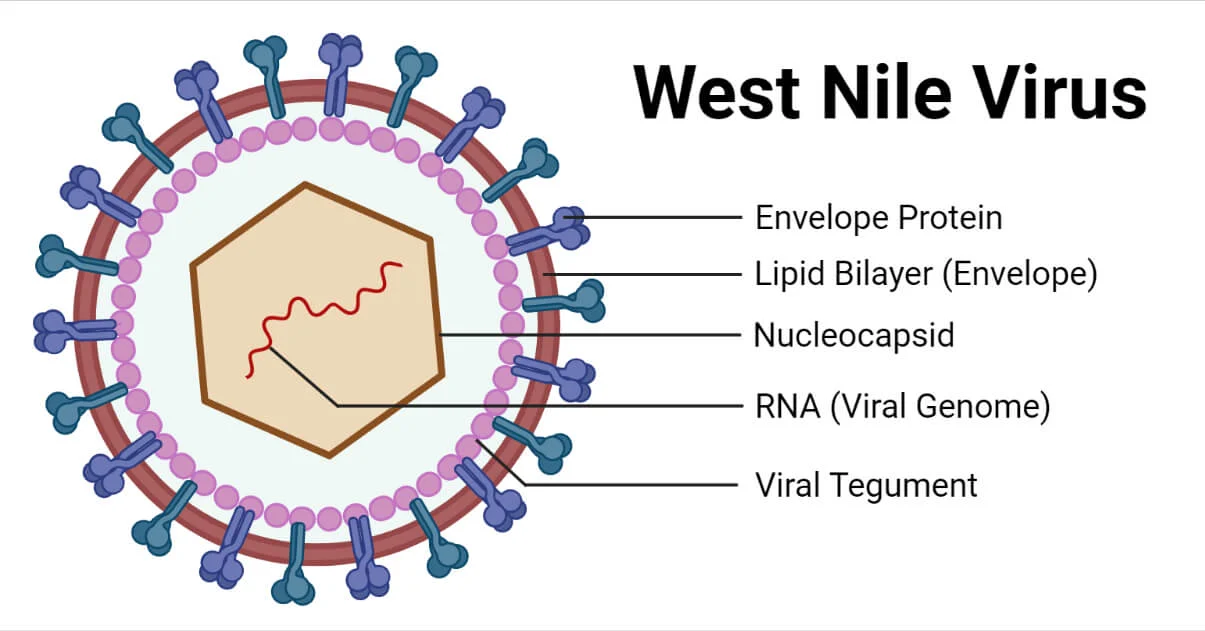
Why is Kerala a hotspot?
Kerala has been confronted with a multitude of epidemics, ranging from Nipah and dengue to chikungunya, monkeypox, coronavirus, and West Nile Fever.
Notably, Kerala was the first state in India to report a Covid case, prompting the declaration of a health emergency and the implementation of significant measures to curb the virus's spread.
In September 2021, Kerala encountered a Nipah virus scare following the death of a 12-year-old boy in Kozhikode. This incident spurred health authorities into action, leading to isolation protocols, sample collection, and testing. In 2018, Kozhikode recorded 18 confirmed Nipah cases, resulting in 17 fatalities.
In August 2021, Kerala grappled with the Zika virus, registering a total of 66 cases, primarily in Thiruvananthapuram.
Furthermore, in July 2022, the presence of anthrax was confirmed in Thrissur district, prompting a collaborative investigation involving the state health department, animal husbandry department, and forest department.
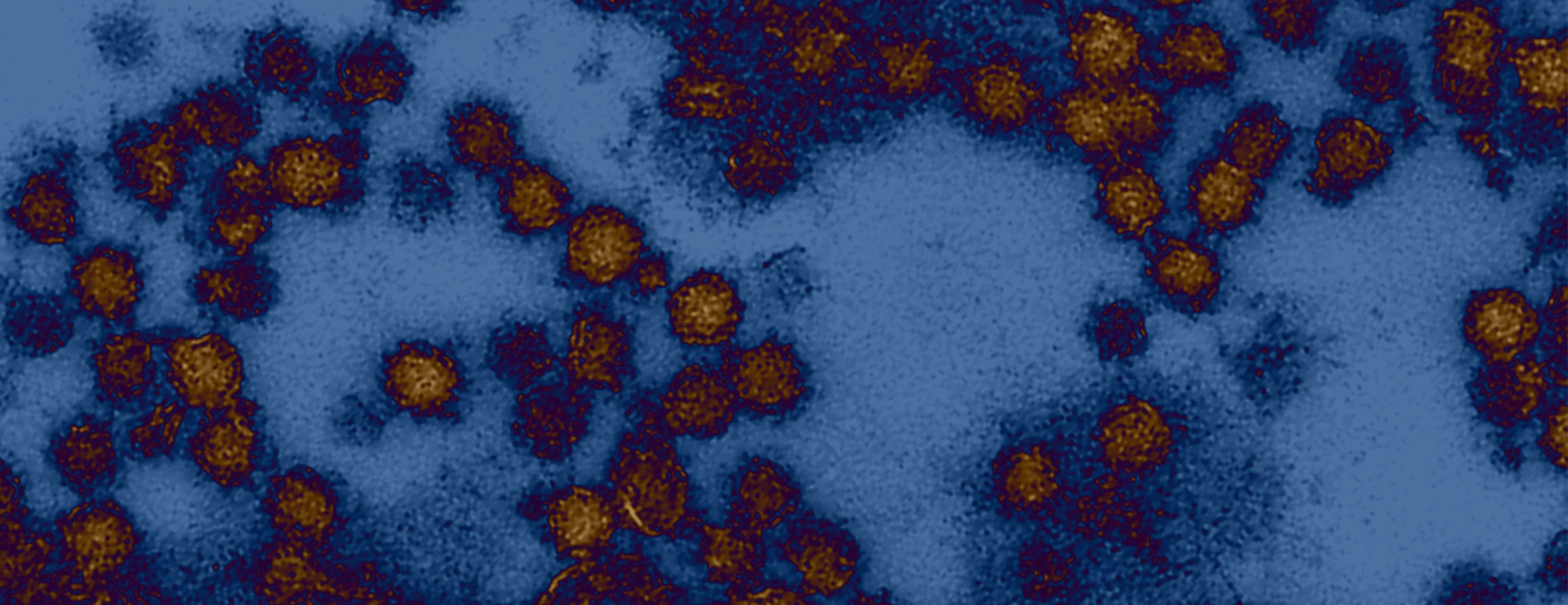
Kerala's susceptibility to viral diseases can be attributed in part to its global diaspora, including a significant number of medical professionals and students working or studying abroad, exposing them to potential occupational hazards.
Studies, such as those published in the Nature journal, indicate that factors such as deforestation and high population densities of both humans and domestic animals serve as catalysts for the spread of viral diseases.
Dr. TS Anish, the chief of community medicine at Thiruvananthapuram Medical College, highlighted the encroachment of human settlements into the Western Ghats forests and the consequent reduction in natural fruit sources, which attract bats carrying various diseases to inhabited areas, thus increasing the likelihood of outbreaks.
With inputs from agencies
Image Source: Multiple agencies
© Copyright 2024. All Rights Reserved Powered by Vygr Media.

